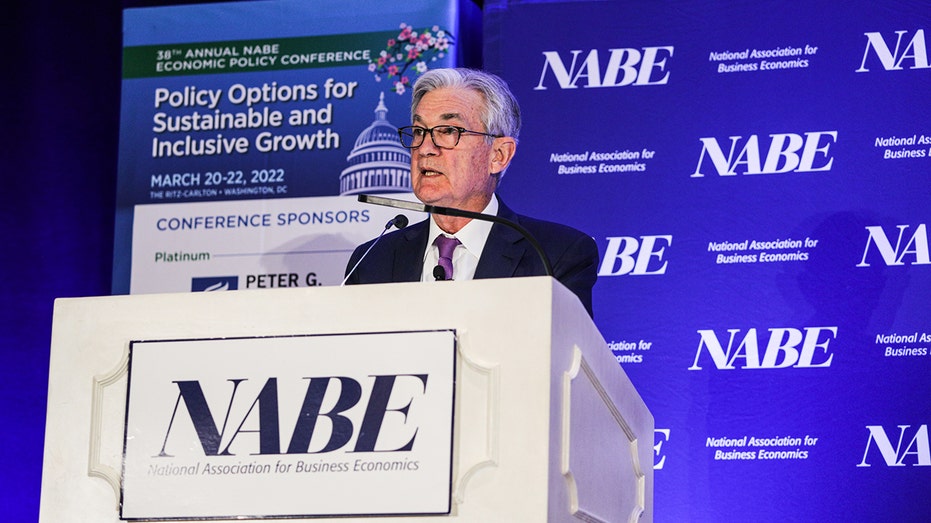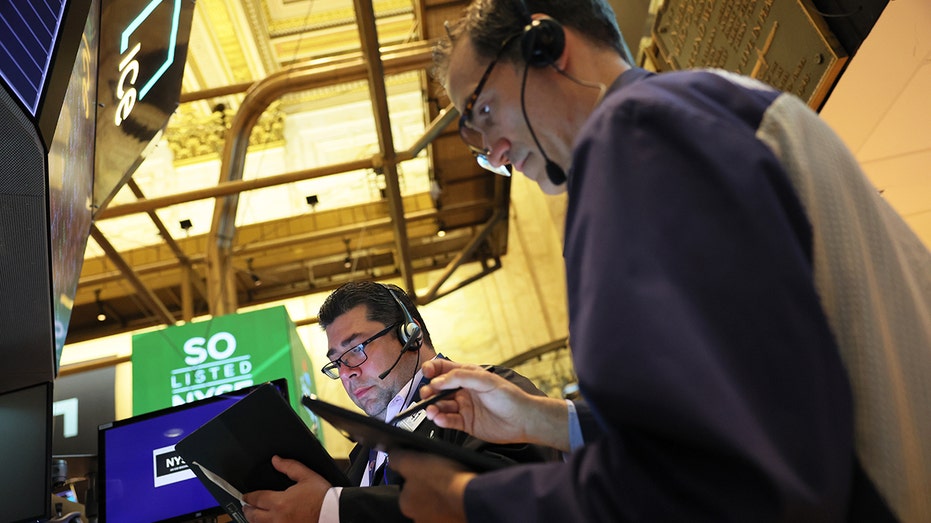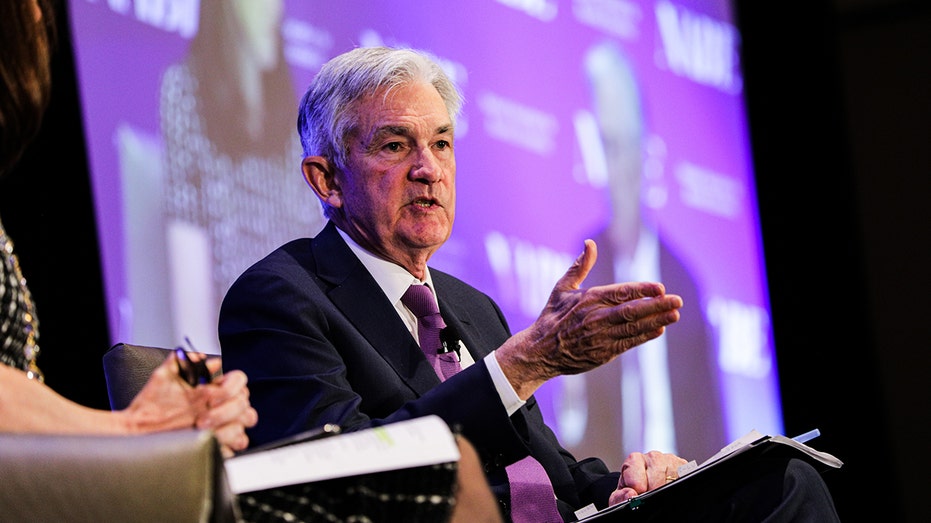Businesses are spending more to stay afloat while economic optimism drops: Q2 NABE survey
The NRI for material costs rose to 76%, the highest-ever recorded figure
A National Association of Business Economics (NABE) survey for July 2022 shows the U.S. economy is slowly moving but is struggling to gain traction as the coronavirus pandemic teases a resurgence.
While nearly half of the respondents reported rising sales for the second quarter of 2022, the figure is a 14-point drop from those who reported rising sales in April 2022.
"The results of the July 2022 NABE Business Conditions Survey show indications of a slowing U.S. economy," said NABE Vice President Julia Coronado. "A majority of surveyed firms still reports rising sales, but that share declined sharply from last quarter."
The Net Rising Index (NRI) for sales, or the difference between those who reported rising sales vs declining sales fell 22 points, to just 30%, the lowest level since July 2020.
US ECONOMY HEADED FOR IMMINENT RECESSION, FED GDP TRACKER SHOWS

Jerome Powell, chairman of the U.S. Federal Reserve, speaks during the National Association of Business Economics economic policy conference in Washington, D.C, on March 21, 2022. (Getty Images)
The NABE survey also found hiring in the U.S. continues to climb as 38% of businesses reported rising employment at their firms, reaching a four-year high. But, optimism for the future declined as just 24 percent of businesses expect to continue rising employment figures.
U.S. firms are gaining profits and have resumed employment hiring but the cost of doing business is also increasing, narrowing profit margins.
In the report, the NRI for material costs — business owners who report rising costs vs declining costs — rose to 76%, or the highest-ever recorded figure since the NABE first asked the question in 1994.
TREASURY SEC. JANET YELLEN ACKNOWLEDGES ECONOMIC ‘SLOWDOWN’ BUT DOWNPLAYS RECESSION FEARS
The survey also found a decline in profit margins for businesses — 22% from 26% last quarter — as a fluctuating labor market and continued supply chain issues have increased production costs.
"Rising materials and labor costs are squeezing profit margins at many firms," NABE Business Conditions Survey Chair Jan Hogrefe, also a chief economist for Boeing Commercial Airplanes. "The July survey shows more firms reporting declining profit margins than rising margins for the first time since the October 2020 survey."

Traders work on the floor of the New York Stock Exchange during morning trading on July 13, 2022, in New York City. (Michael M. Santiago/Getty Images / Getty Images)
"Perceived recession risks are also rising among respondents," he added. "While a small majority still puts the chances of a recession in the next 12 months at less than 50-50, 43% of panelists rate a recession in that time as more likely than not, compared to 13% who held that view in the April survey."
SINCE BIDEN ADMIN CALLED INFLATION ‘TRANSITORY,’ US HAS SEEN 13 STRAIGHT MONTHS OF SOARING COSTS
Business firms are also constrained in how they spend their profits, the report found.
The NRI for capital spending fell to just 22%, from 40% last quarter, and the NRI for equipment, information, and communications technology spending fell to 38%, from 47% last quarter.

Jerome Powell speaks during the "Policy Options for Sustainable and Inclusive Growth." NABE economic policy conference in Washington, D.C, U.S., on March 21, 2022. (Valerie Plesch/Bloomberg via Getty Images / Getty Images)
Anticipated capital spending on new or additional structures fell to 0, from a recent years-high 18% last quarter.
CLICK HERE TO READ MORE ON FOX BUSINESS
The survey was conducted as inflation in the U.S. reached 9.1% in June, its highest rate in 41 years, and while experts predict the economy is heading towards a recession.
The NABE report represents the responses of 58 NABE members surveyed between July 5-13, 2022, and reflects the second quarter of 2022.




















